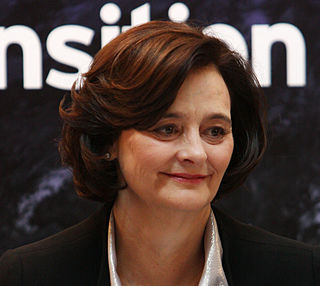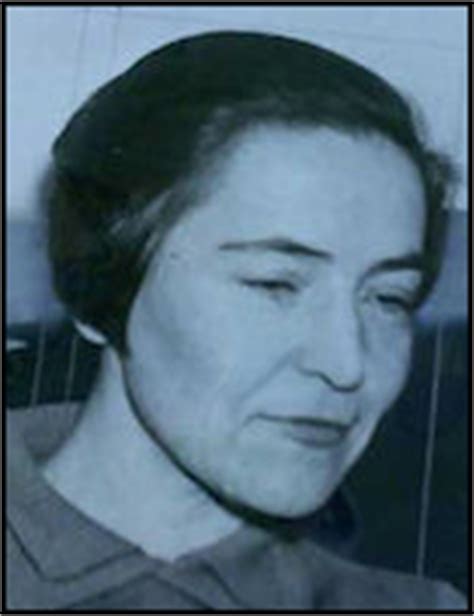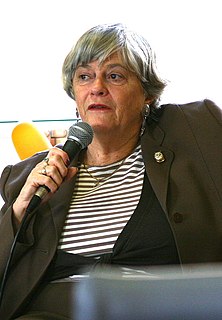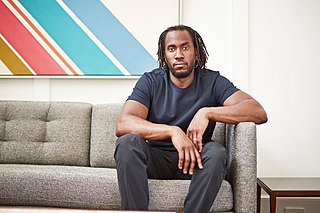A Quote by Theodor Adorno
A thinking that approaches it objects openly, rigorously ... is also free toward its objects in the sense that it refuses to have rules prescribed to it by organized knowledge. It ... rends the veil with which society conceals them, and perceives them anew.
Related Quotes
Motherhood, to be sure, receives a great deal of sentimental adulation, but only if it is committed in accordance with rules which have been prescribed by a predominantly masculine society. Per se it is accorded no respect whatever. When it results from a sexual relationship which has been duly sanctioned by organized society, it is holy, no matter how much it may transgress the rules of decency, health, or common sense. Otherwise it is a sin meriting social ostracism for the mother and obloquy for the child - an ostracism and obloquy, significantly enough, in which the father does not share.
In the latter sense, a man has a property in his opinions and the free communication of them. He has a property of peculiar value in his religious opinions, and in the profession and practice dictated by them. He has an equal property in the free use of his faculties and free choice of the objects on which to employ them. In a word, as a man is said to have a right to his property, he may be equally said to have a property in his rights.
But young men have not only this frivolous ambition of being thought masters of execution, inciting them on the one hand, but also their natural sloth tempting them on the other. They are terrified at the prospect before them, of the toil required to attain exactness. The impetuosity of youth is disgusted at the slow approaches of a regular siege, and desires, from mere impatience of labour, to take the citadel by storm. They wish to find some shorter path to excellence, and hope to obtain the reward of eminence by other means, than those which the indispensable rules of art have prescribed.
Being a sculptor who uses found objects, all the objects I use in my work have been designed by other people. So I'm tweaking them in some way by squashing them or throwing them off cliffs! Then I formalise my damage by suspending them or arranging them in some kind of way. So I'm using other people's design in a way, so I'm an 'un-maker.'




































